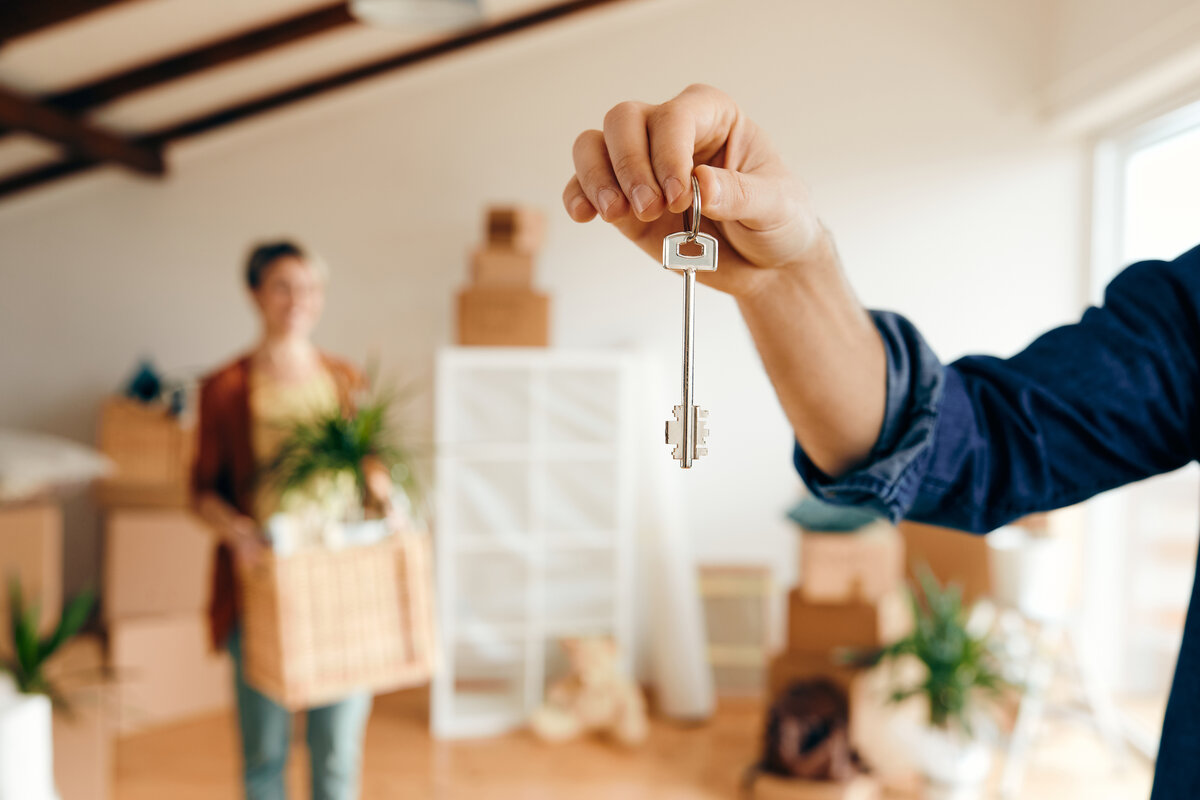Saving for a deposit can seem like a daunting and overwhelming task. But when the day comes that you have enough for a house deposit, you’ll be struck with the warm fuzzies – and you should be proud of yourself. Buying that first home is an incredible achievement.
If you are in the early stage of saving for your deposit and are feeling discouraged, we have gathered our top 8 tips to help you save more efficiently, so that you can make great strides towards achieving your house buying goals.
1. Estimate how Much your Deposit will Be
Generally, you will need to pay 20% of the property’s purchase price to buy a home. It is possible to get a smaller deposit than that, such as 10% or even 5%, but these may be harder to get approved by a lender. Once you know how much your deposit will be, it’ll be easier to determine your goal, and how much to save.
How Much Deposit Do I Need to Buy a Home?
2. Optimise your Kiwisaver
Your Kiwisaver is a great place to start when it comes to saving for your deposit. Most working Kiwis contribute 3% of their paycheck to their Kiwisaver accounts. But you can contribute more than that. You can contribute 4%, 6%, 8% and even 10%. A simple adjustment to your contributions can have your Kiwisaver savings adding up quickly! It’s also a good idea to put any extra savings into your Kiwisaver account to help give it a boost that you’ll thank yourself for in the future!
4 Tips to Maximise your Kiwisaver
What Should I Set My KiwiSaver Contributions To?
3. Compare your Bills
Did you know that comparing your bills can unlock savings that make a real difference to your budget? Here at NZ Compare, we have a range of comparison platforms that make it easy and quick to compare your different utility bills such as broadband, power, mobile, and other loans and insurances. When you compare, you empower yourself to make a fully informed choice and find the best deal, giving you the most value for your money. You can put the money you save from switching to better plans towards your deposit.
4. Readjust your Budget
It’s always a good idea to keep a budget. A budget can help you keep track of your expenses and spending, so you can see where changes can be made. If your power bill is creeping up, you can make changes around your house to reduce your power consumption. Creating a budget with your income, expenses, and spending habits clearly outlined will help you determine how much you can comfortably put towards your deposit savings on a regular basis. Make sure you put those funds into a high interest savings account.
Top Tips for Creating a Budget
5. Set a Goal, And Lots of Little Goals
Having a goal gives you a target to shoot for. It’ll help keep you motivated, and make it easier to break down just how much you need to save. You could always help make the goal more manageable by giving yourself smaller goals towards the bigger goal, and reward yourself each time to hit one. You’ll be able to “hack” your brain with frequent releases of dopamine, the happy hormone, whenever you reward yourself, which will help you feel more motivated to continue saving.
6. Consider a Side-Hustle
It’s always helpful to have some more money coming in when you are in the midst of saving for a deposit. Consider boosting your savings with a side-hustling such as selling a service or goods. Brain-storm any digital products you can sell – a product that you create one time and deliver as a digital file to your customers. This is a great way to make extra money in your sleep! Put any income made right into your high interest savings account.
7. Reduce your Power Consumption
You can lower your power bill by reducing the amount of electricity you consume. Lowering your power bill can make a great difference to your monthly expenses, and give you more opportunity to increase your savings contributions. There are many ways to lower your power bill, such as investing in energy efficient appliances, cleaning filters in washing machines and heat pumps, using cold water for your laundry, reducing your shower time, and turning off appliances when you aren’t using them.
6 Tips for Saving Power in the Home
8. Talk to Mortgage Advisor
Chat to a mortgage advisor early on in your savings journey. They will be able to provide insight, tips, and knowledge that can make a difference in your deposit savings goals, and help guide you through the goal-setting and planning process. Here at Money Compare, we have experts on hand to help with any home loan or mortgage query. Simply request a free call back by clicking the button below and a fully qualified mortgage advisor will be in touch.
Further Reading:
Image Credit - https://eebuyersagent.com.au/




